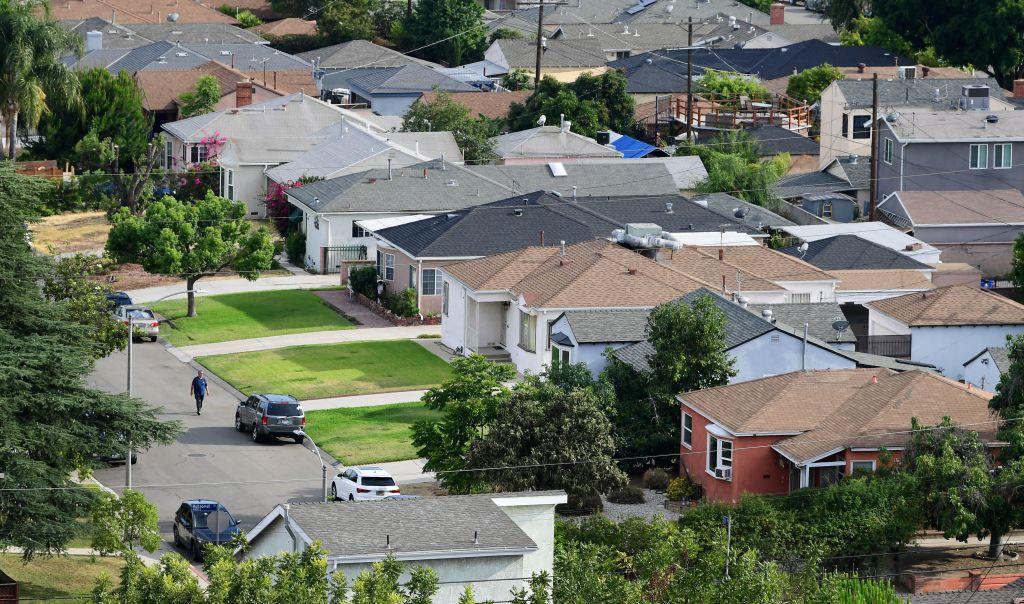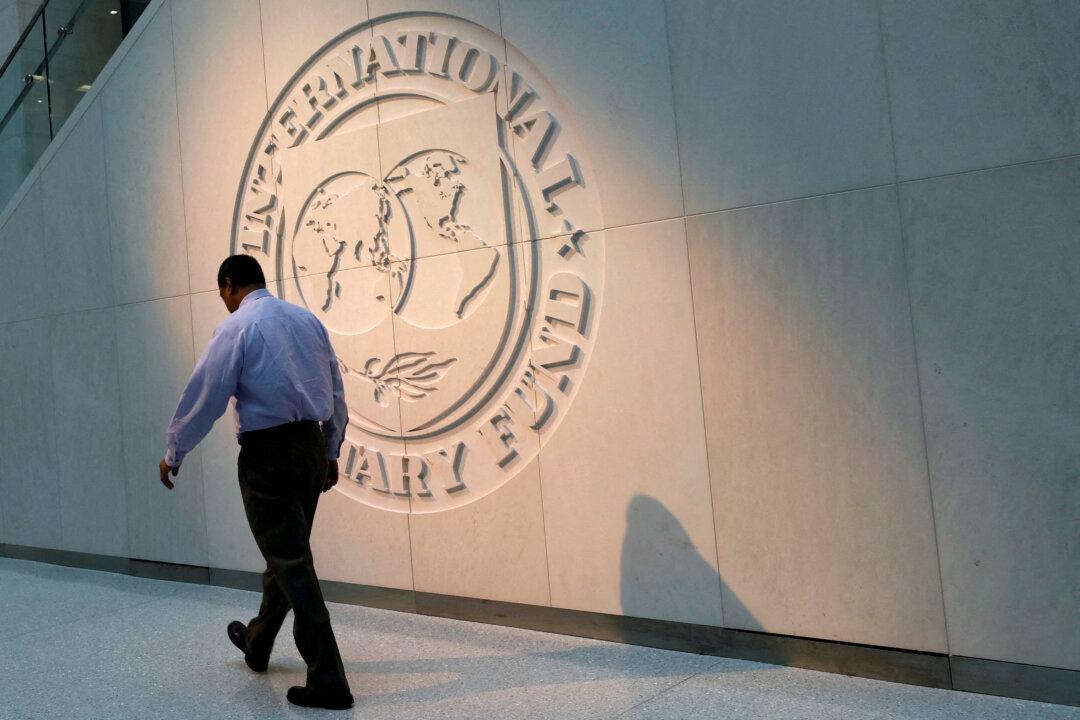U.S. homeowners lost $1.3 trillion, or 7.6 percent, in home equity in the third quarter, the largest quarterly decline on record, according to the mortgage software and analytics company Black Knight.
Following the unprecedented real estate boom of the past two years, signs of a slowing housing market are beginning to emerge.




